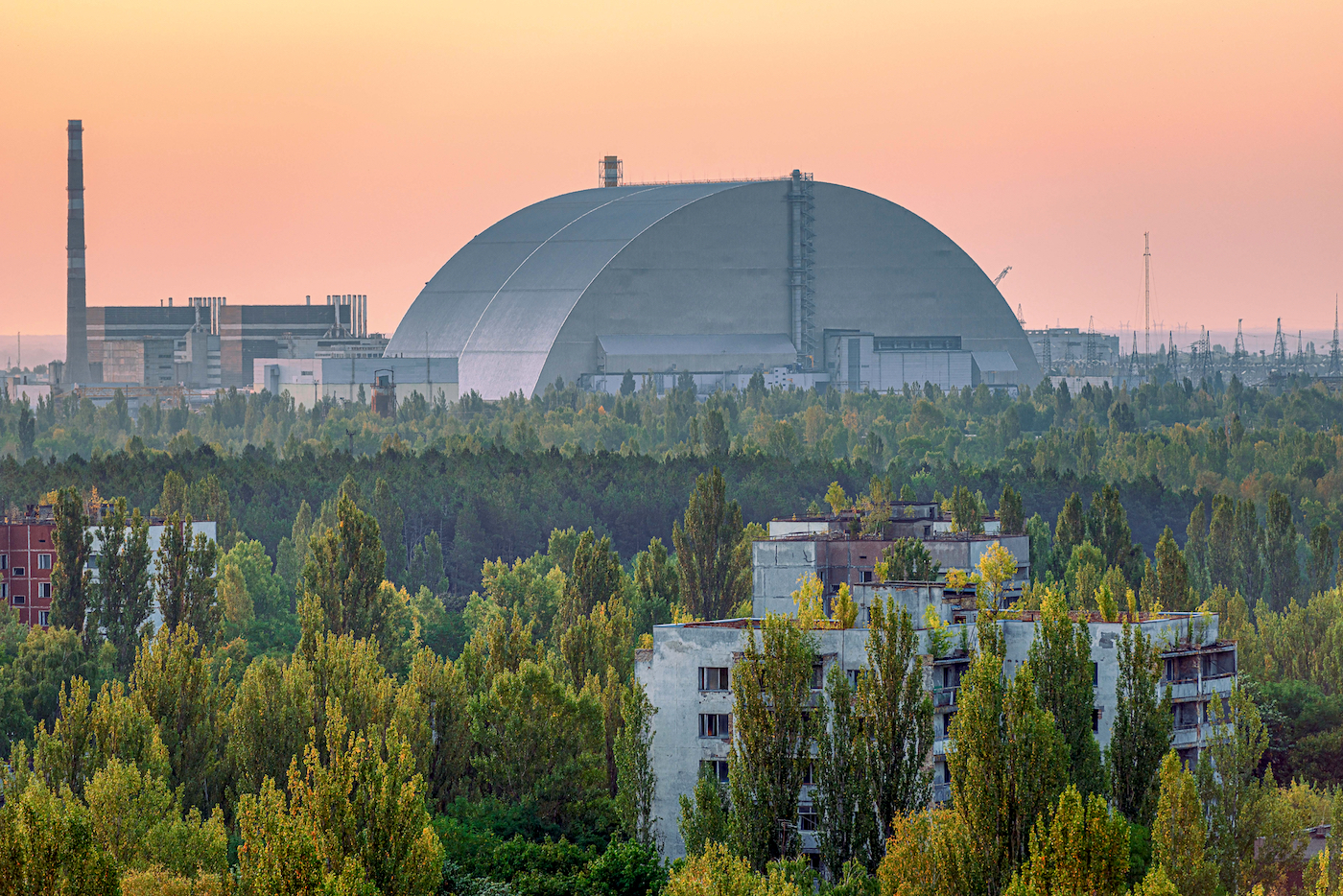 The State Nuclear Regulatory Inspectorate of Ukraine (SNRIU) said on 11 August that its Licensing Commission had restored the validity of a number of licences for enterprises operating in the exclusion zone around the Chernobyl NPP (ChNPP). SNRIU suspended the licences in May after considering the impact of damage in the exclusion zone following the military occupation of the site for several weeks by Russian forces, who finally witrhdrew on 31 March.
The State Nuclear Regulatory Inspectorate of Ukraine (SNRIU) said on 11 August that its Licensing Commission had restored the validity of a number of licences for enterprises operating in the exclusion zone around the Chernobyl NPP (ChNPP). SNRIU suspended the licences in May after considering the impact of damage in the exclusion zone following the military occupation of the site for several weeks by Russian forces, who finally witrhdrew on 31 March.
SNRIU said it had decided to restore the validity of the licences enabling ChNPP to carry out activities related to the decommissioning of units 1, 2 and 3 of nuclear plant; the operation of the new confinement complex and the Shelter facility; the processing and storage of radioactive waste. It also restored operation licenses of the Central Enterprise for the Management of Radioactive Waste (CPPRV) for the implementation of activities involving the construction and operation of storage facilities for the disposal of radioactive waste at the Vektor production complex; for the operation of radioactive waste storage facilities of Chernobyl origin in the exclusion zone; as well as for radwaste processing.
The decision to renew the licences was made following expert evaluation of the documentation submitted by the licensees, indicating elimination of the reasons that caused the licences to be suspended. This included restoration of operational efficiency of a number of systems important for the safety of objects and activities; inventory of radioactive materials, radioactive waste, sources of ionising radiation; control of availability and compliance of reporting and accounting documentation and databases; solving logistical issues of personnel and equipment delivery, switching to a shift work method; restoration of emergency preparedness; and control of the absence of explosive devices within objects and sites.
The expert assessment was carried out by the State Atomic Energy Regulatory Commission, with the involvement of the National Nuclear Research and Development Centre of Ukraine, with the support of the European Commission's cooperation project UK/TS/58 – "Support for regulatory activities regarding radioactive waste management, decommissioning and recovery”.
SNRIU said it was concluded that the specified specialised enterprises are able to conduct activities within the framework of the licences in compliance with the requirements of regulatory documents and licence conditions. At the same time, the Licensing Commission found it necessary to ask licensees to perform a number of additional measures to improve the level of security of facilities, in accordance with the recommendations of the expert assessment.
ChNPP said on 16 August that, as part of the licence renewal activities, it had “performed a huge scope of work to confirm its ability to comply with the conditions for licensing activities, as well as confirmed that its organisational structure and the availability of qualified personnel, material and other resources met the requirements established by the nuclear and radiation safety standards and regulations”. This work included a property inventory, and a radiation survey of facilities, premises and territory of the ChNPP industrial site. “Almost all subdivisions of the enterprise were involved in the licence resuming activity,” ChNPP noted.
“The validity of licences was resumed after submission of documents to SNRIU confirming ability of ChNPP to comply with the conditions for safe implementation of permitted activity,” commented Igor Khomyak, head of the ChNPP Licensing Department. Most of the licences were resumed on 15 August and the final licence – for use of ionising radiation resumed on 17 August.






